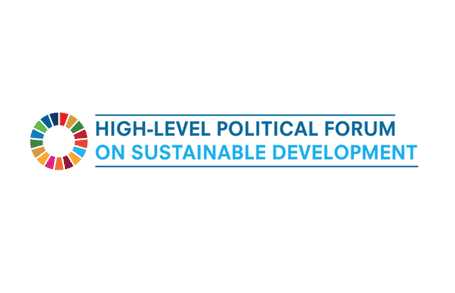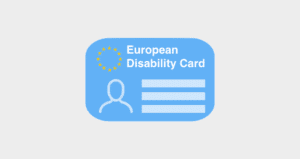The Stakeholder Group of Persons with Disabilities hosted webinar series leading up to the High-Level Political Forum which took place in July 2021. The last webinar of the series, which EUD attended, took place on the 22nd of June 2021 and focused on COVID-19 research findings from Bangladesh, Bolivia, and Nigeria.
In response to the pandemic, the Stakeholder Group of Persons with Disabilities carried out a qualitative research over the course of 2020 and 2021 to gather information on the experiences of persons with disabilities during COVID-19 crisis. The research investigated the impact of COVID-19 on people in Bangladesh, Bolivia, and Nigeria. Each panellist was a researcher of one of these designated countries and provided with details of the state of healthcare services for persons with disabilities as well as the impact of the pandemic on their social interactions and use of technology.
One of the panellists was Dr Godwin Jude Irokaba, who is deaf and works as Deputy Director of External Relations and Partnerships at the University of Calabar in Nigeria. Dr Irokaba said that only one or two health centres were open in each of 36 states in Nigeria, and revealed that the lockdowns had increased the barriers, isolation, and social exclusion experienced by persons with disabilities.
There were similarities across the three studies, such as children’s access to education shifting from its already weak status pre-pandemic to being virtually non-existent. The barriers faced by people with disabilities, especially those in the deaf community, have been exacerbated. EUD highlights the need to reduce the obstacles that stop children from attending schools, and the importance of increasing deaf children’s access to information and communication in sign language and sign language environments.











